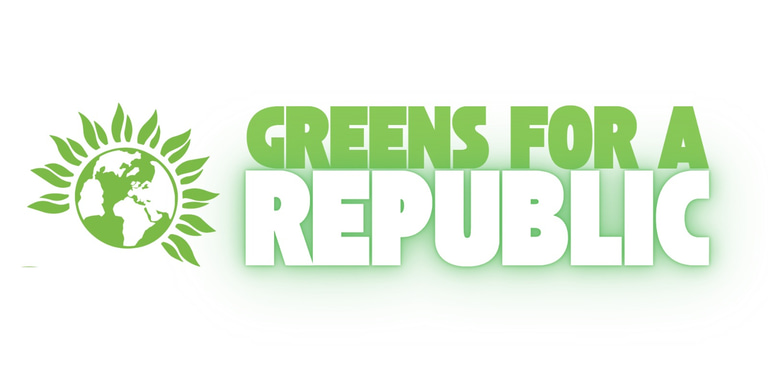Why is it odd and unnecessary to show the royals such deference?
Bowing, curtsies, royal etiquette - let's look at just how ridiculous it is compared to the respectful but calibrated treatment of European presidents.
9/21/20252 min read
Showing deep deference to royals in the 21st century can seem odd —especially in modern democratic societies where equality, accountability, and meritocracy are core values. Monarchy supporters talk of “royal etiquette” and lose their minds when people dare to ignore it. While we can and should respect everyone, here’s why such deference towards royals is odd and unnecessary:
1. It Conflicts with Democratic Principles
Modern democracies are built on the idea that all citizens are equal before the law. Treating one family as inherently superior, with special titles, wealth, and privileges by birth, contradicts that ideal.
2. Hereditary Status Feels Outdated
In an age where most people work hard to build their lives, the idea that someone is 'born to rule' feels archaic. Deference to inherited status clashes with today’s emphasis on earning respect through achievement.
3. It Reinforces Class Divides
Deference to royals sustains a hierarchical social structure that many believe should have been left in the past. Bowing, curtseying, or using phrases like "Your Majesty" feel like relics of a feudal mindset.
4. The Royals Themselves Are Human
In the age of mass media and social scrutiny, royals are seen as fallible people, not mystical figures. When they make mistakes or get involved in scandals, the demand for automatic respect is misplaced.
5. It’s Culturally Inconsistent
Most professions and public figures—politicians, celebrities, CEOs—are challenged, questioned, and held to account. Royals often receive uncritical reverence, which is inconsistent with broader cultural norms.
6. The World Has Moved On
Most countries no longer have monarchies. In that context, Britain’s elaborate royal rituals can feel like a weird historical performance, disconnected from everyday life.
In short, showing automatic deference to royals today is out of step with a society that values fairness, transparency, and mutual respect—not inherited hierarchy.
But how is it different in republics?
President as a Public Servant, Not a Figure of Worship
In republics like Ireland, Germany, Finland, and Iceland, presidents are:
-Treated with respect, not reverence.
-Addressed formally (e.g. President Higgins), but not with grandiose, mystical or plain made-up titles.
-Considered public servants, not national symbols of divine right or inherited greatness.
2. No Physical Deference
-No bowing or curtseying—people shake hands or nod politely.
-Presidents don’t expect or receive the ritualised respect monarchs do.
3. Simpler Ceremonies and Symbols
-Presidential inaugurations in Europe are modest, often held in parliament buildings, not gilded palaces.
-There are no lavish coronations, royal entourages, or horse-drawn carriages.
4. Modest Lifestyle and Spending
-Presidential residences (e.g. Áras an Uachtaráin in Ireland or Mäntyniemi in Finland) are functional and modest.
-Far fewer taxpayer funds are spent on ceremonies, security, and personal luxuries.
5. Focus on Unity and Constitution, Not Celebrity
-European Presidents serve as guardians of the constitution or symbols of national unity, without being celebrities.
-Media attention is respectful but not obsessive; there’s no tabloid industry built around them.
In short, republics treat their heads of state as normal citizens with temporary responsibility, not as semi-divine figures. This reinforces a culture of equality, maturity, and civic pride rather than inherited hierarchy.
